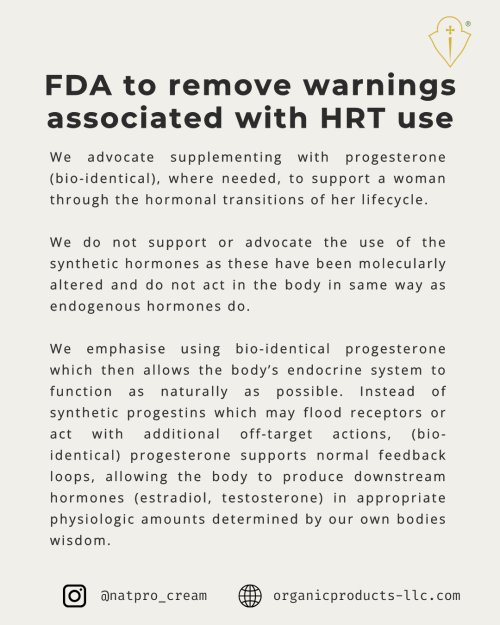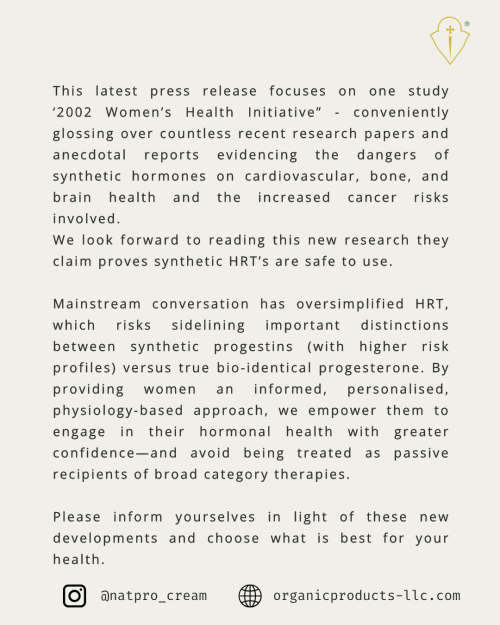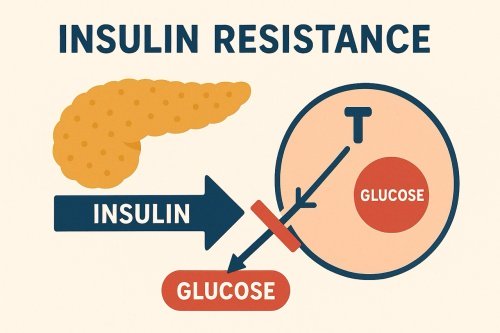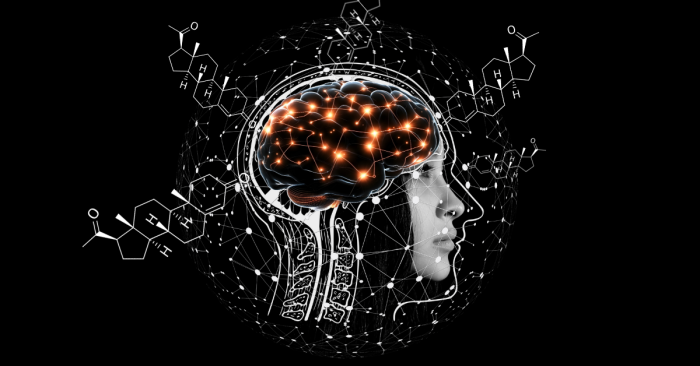my daughter is 35 yrs old and hypothyroid
by Deborah Reed
(Elkhart, In USA)
My daughter has been ill for over 5 years with her hypothyroidism. She currently takes natural dessicated thyroid pills. Recently she has tried to increase her thyroid medication and take adrenal support supplements. She also just stopped taking Cymbalta. Bad drug that Cymbalta.
She has terrible migraines and vision problems. Extreme pain in joints and fatigue.
In the past she used bio identical progesterone creme. She stopped taking progesterone a year ago. She thought she did not need it and it made her sleepy. I told her she failed to adjust her dosage down according to her symptoms and that is why she was tired. She still needs it according to her current symptoms I think.
To make a long story short, she is very sick now and can barely function. We visited her doctor 2 times in the last 3 weeks and he is seems to think she is just under stress about her job. He was not happy that she stopped taking Cymbalta without asking him. Even if she has stress from work she still has a medical condition that is not being addressed. She has stress due to not feeling well and not living her life !!! All the doctors want to do is load her up on the drugs! I said no more............
She has been to several doctors, taken every drug they have given her and she is a mess! I am extremely worried about her emotional state and physical health. It seems every day she is ill. She can not take care of her self or her child.
She started using compounded progesterone 1 ml of 100mg per day about 2 1/2 weeks ago. She is still not feeling better. Any suggestions ?
Comments for my daughter is 35 yrs old and hypothyroid
|
||
|
||
|
||
|
||

 _____
_____ Feeling tired, foggy, or struggling with stubborn weight gain—especially around the waist? You might be surprised to learn that these symptoms could be linked to insulin resistance, a condition that a…
Feeling tired, foggy, or struggling with stubborn weight gain—especially around the waist? You might be surprised to learn that these symptoms could be linked to insulin resistance, a condition that a… Are you struggling with irregular cycles, unwanted hair growth, or unexplained fatigue? You’re not alone. Polycystic Ovarian Syndrome (PCOS) affects up to 10% of women of reproductive age—and many mor…
Are you struggling with irregular cycles, unwanted hair growth, or unexplained fatigue? You’re not alone. Polycystic Ovarian Syndrome (PCOS) affects up to 10% of women of reproductive age—and many mor… While progesterone is often discussed in relation to reproductive health, emerging research reveals its remarkable role in supporting brain function and protecting against neurological decline. Proges…
While progesterone is often discussed in relation to reproductive health, emerging research reveals its remarkable role in supporting brain function and protecting against neurological decline. Proges…